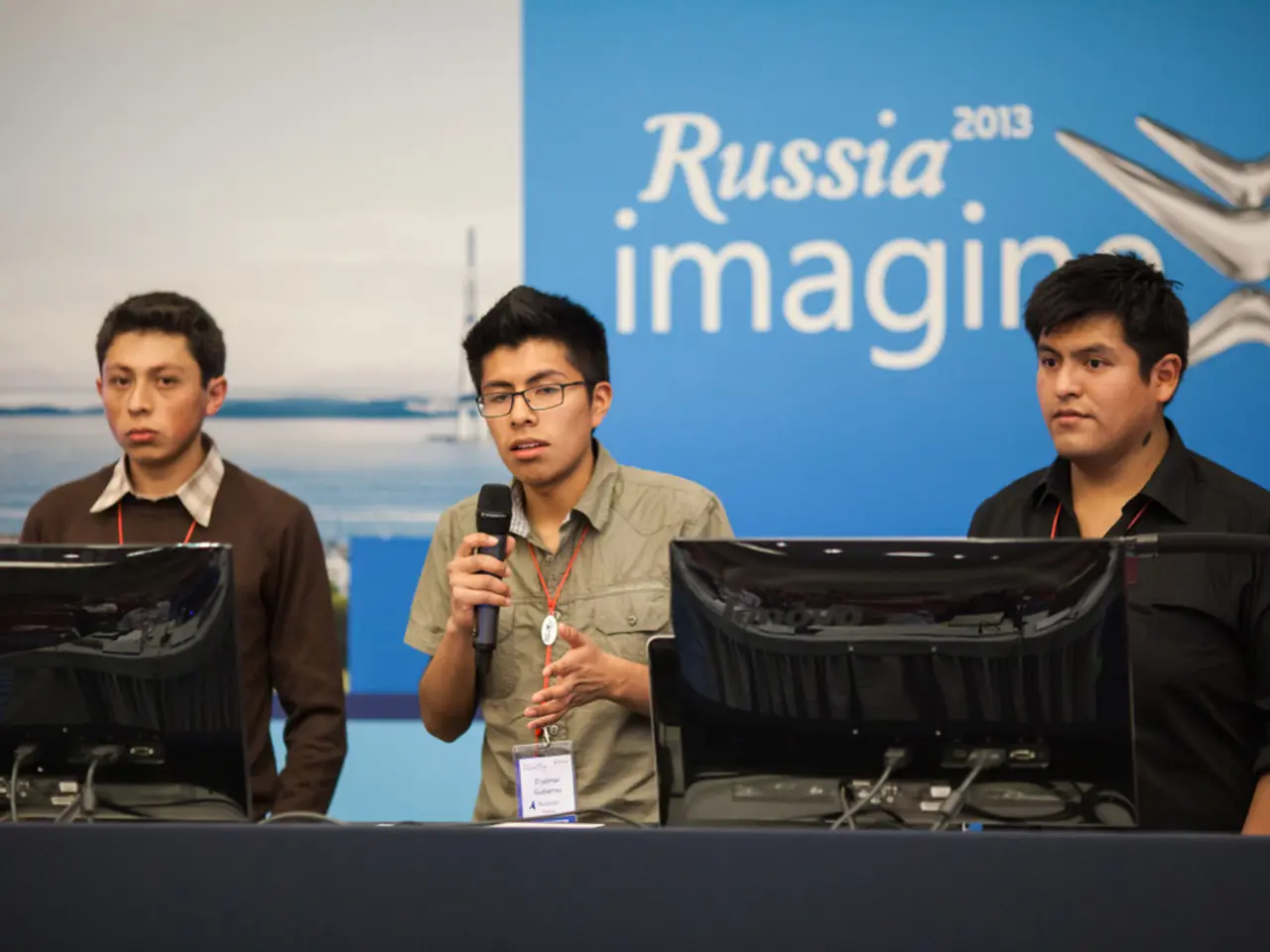AI Ethics Navigating Cultural Bias and Societal Hurdles
In the ever-evolving world of artificial intelligence (AI), a significant concern has arisen regarding the potential for AI models to perpetuate cultural biases, as highlighted by Giada Pistilli, the lead ethicist at Hugging Face.
Pistilli, a philosopher and member of Hugging Face's "Machine Learning and Society" team, warns that AI can function as a vector, amplifying existing societal problems. For instance, an AI image generation model may create an American-style house if the majority of its training data is Western, thereby reinforcing stereotypes.
This raises the underlying question: "What kind of society are we going to replicate with AI?" Pistilli emphasizes that biases, while part of human nature, can become concerning when they amplify stereotypes or influence critical decisions.
To address these issues, Pistilli and her team at Hugging Face advocate for a more nuanced approach to AI development. This includes a combination of technical and ethical control, using smaller, context-specific models adapted to a defined audience.
One strategy for reducing cultural and structural biases in generative AI models involves language-specific data filtering and thresholding. By adapting models for many languages, researchers can collect statistics on corpora for each language (such as Wikipedia or Common Crawl) and set tailored filtering thresholds to reduce biased or low-quality data input.
Another approach is multilingual and culturally aware training, where models are trained on diverse and representative datasets that reflect different cultural contexts. This reduces structural biases by avoiding overfitting to dominant cultures or languages.
Moreover, ethical oversight and human-in-the-loop are crucial. Pistilli likely advocates for ongoing ethical evaluation of AI models, including human review and adjustment of datasets and outputs to identify and correct bias patterns before deployment.
Community and cross-disciplinary collaboration are also essential. By engaging researchers, practitioners, and impacted communities in discussions about bias, ethicists can ensure accountability and inclusivity in AI development and policy-making.
Thomas Wolf, co-founder of Hugging Face, further supports this approach by advocating for smaller, more specialized models for specific questions. These models consume less energy and can be connected to each other, providing a more efficient and less biased solution.
As a Franco-American platform for the AI creator community, Hugging Face continues to push for a more inclusive and equitable future for AI. Pistilli encourages users to question the uses and place of artificial intelligence in their daily lives, emphasizing the importance of reclaiming the right not to use it.
References: [1] "Mitigating Bias in AI: A Survey of Techniques and Challenges." arXiv:2111.00473 [cs.AI], 2021.
Artificial intelligence (AI) models, such as image generation models, may perpetuate the stereotypes present in their training data due to the amplification of societal issues, as pointed out by Pistilli, an ethicist at Hugging Face. To mitigate these biases, Pistilli and her team suggest employing a combination of technical and ethical control strategies, including multilingual and culturally aware training, language-specific data filtering, and ongoing ethical evaluation of AI models.




